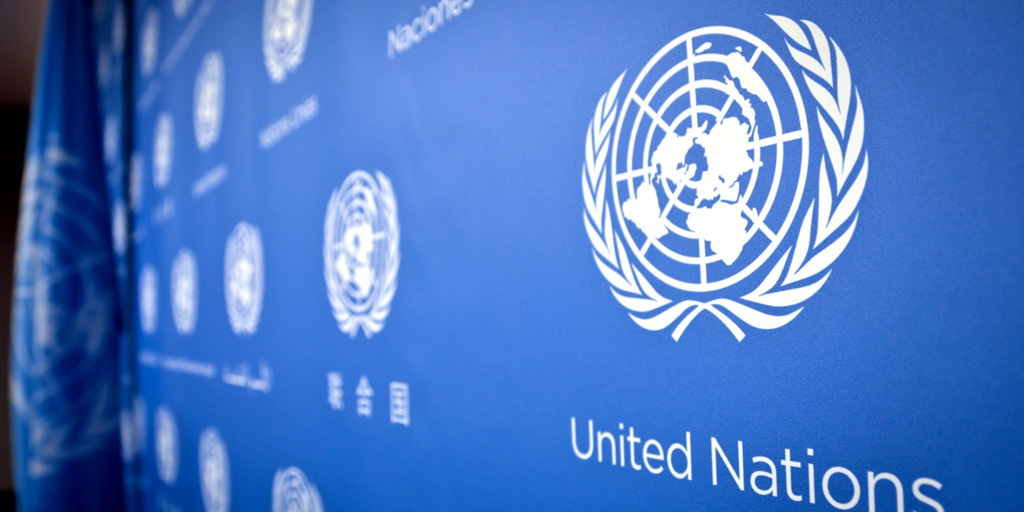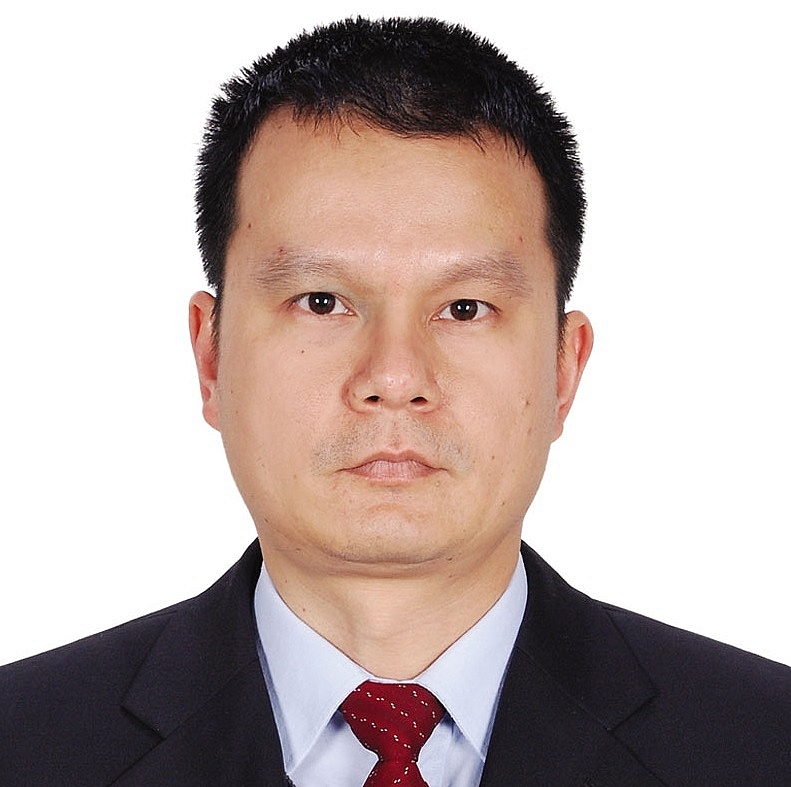Vietnam in the running for UN Security Council seat
 |
| Vietnam in the running for UN Security Council seat, photo AFP |
Following its first initial tenure of 2008-2009, this will now be the second time Vietnam is expected to become a non-permanent member of the United Nations Security Council (UNSC) for the 2020-2021 tenure. Why has Vietnam decided to seek a UNSC seat now?
 |
| Tran Viet Thai |
Under the UNSC’s mechanism, there are five permanent member states and 10 non-permanent member states. The non-permanent member states are divided into groups based on their geographical regions. Vietnam is situated in the 54-member Asia-Pacific region, which is one of the five regional groups at the UN.
Vietnam was selected as the only candidate in the Asia-Pacific region for a non-permanent seat at the UNSC for the 2020-2021 tenure at a monthly meeting of the Asia-Pacific Group at the UN on May 25, 2018. The voting will be held by the UN General Assembly in June 2019.
The nomination is a vivid illustration of Vietnam’s prestige among regional nations. It will help to create favourable conditions for Vietnam to mobilise support from countries in other regions.
I would like to note that there are three reasons behind Vietnam’s running for a non-permanent seat at the UNSC.
Firstly, this is a specific step in implementing a foreign policy of pro-active and active international integration, pursued by the Party and the government. Holding a non-permanent seat at the UNSC means the highest level of international integration that a nation such as Vietnam can reach. It also affirms the soundness of the foreign policy of the Party and the Vietnamese government.
Secondly, in the 2008-2009 tenure, Vietnam performed its role as a non-permanent member of the UNSC for the first time, and did very well. We did a good job in co-ordinating international relations and dealt with many complicated and sensitive issues within the UNSC, within the UN, and in the bilateral and multilateral relationships between Vietnam and its partners, especially the great powers. Thus, Vietnam won great confidence from the international community.
Thirdly, the global and regional situation is becoming increasingly complicated, and far different from the situation in 2008-2009. The international relations picture has also significantly changed, especially relations among powers.
Thus, Vietnam’s participation in the UNSC is extremely important, as it will help the country further enhance the nation’s role and position in the international arena. Vietnam will take advantage of the new role to benefit its national interests, including two main interests: contributing to peace, security, and stability in the region, and capitalising on new mechanisms in the new tenure to serve our national development.
How will Vietnam benefit from holding a non-permanent seat at the UNSC?
There will be many benefits. Firstly, the Security Council is the UN’s most powerful component as it is the global governance mechanism for security, peace, and stability for the entire world. Thus, with its non-permanent UNSC membership, Vietnam will be able to have its voice heard on the settlement of global security issues. This is a major political advantage with limited accessibility and as such, is an opportunity that must be seized in a timely manner.
Secondly, the UNSC membership also means that in the process of solving issues, all nations must seek ideas from UNSC members, especially during times when we chair big events. Thus, our position is greatly increased.
Thirdly, the non-permanent UNSC membership also allows Vietnam to have its personnel trained. During the new tenure, we will have to mobilise a great number of personnel and experts who will have great opportunities in exchanging experiences with international experts. These meetings will improve their knowledge across many sectors such as politics, diplomacy, security, and defence, as well as sharpening their skills in lobbying, monitoring events, and bargaining.
For instance, Vietnam’s non-permanent UNSC membership in the 2008-2009 tenure helped Myanmar avoid an embargo. Afterward, the relationship between Vietnam and Myanmar developed very well. The then prime minister, Nguyen Tan Dung, paid an official visit to Myanmar, establishing 14 co-operation sectors. After that, Vietnam Airlines opened its air route to Myanmar, and Hoang Anh Gia Lai Group began expanding its investment to the country.
What challenges will Vietnam face?
Foremost is the political challenge. Because the scale of Vietnam’s economy remains small, the country’s international position remains humble. Besides, our personnel remain limited in number. Those with great command of international issues and good skills in monitoring international events are particularly few.
Secondly, the world’s situation has become increasingly complicated, especially when it comes to security issues which have to be dealt with by the UNSC. Moreover, over the past few years, disagreements and competition among global powers have been growing.
How have Vietnam’s role and position improved over the past 10 years?
Vietnam’s prestige and role have been increasing significantly. For example, Vietnam greatly impressed the international community with the successful organisation of APEC 2017, welcoming leaders of many nations such as US President Donald Trump and China’s President Xi Jinping. Vietnam also welcomed Canada’s Prime Minister Justin Trudeau last November.
Based on these all factors above, Canada invited Prime Minister Nguyen Xuan Phuc to partake in the G7 Summit’s outreach session last week.
What the stars mean:
★ Poor ★ ★ Promising ★★★ Good ★★★★ Very good ★★★★★ Exceptional
 Tag:
Tag:
Related Contents
Latest News
More News
- NAB Innovation Centre underscores Vietnam’s appeal for tech investment (January 30, 2026 | 11:16)
- Vietnam moves towards market-based fuel management with E10 rollout (January 30, 2026 | 11:10)
- Vietnam startup funding enters a period of capital reset (January 30, 2026 | 11:06)
- Vietnam strengthens public debt management with World Bank and IMF (January 30, 2026 | 11:00)
- PM inspects APEC 2027 project progress in An Giang province (January 29, 2026 | 09:00)
- Vietnam among the world’s top 15 trading nations (January 28, 2026 | 17:12)
- Vietnam accelerates preparations for arbitration centre linked to new financial hub (January 28, 2026 | 17:09)
- Vietnam's IPO market on recovery trajectory (January 28, 2026 | 17:04)
- Digital economy takes centre stage in Vietnam’s new growth model (January 28, 2026 | 11:43)
- EU Council president to visit Vietnam amid partnership upgrade (January 28, 2026 | 11:00)






















 Mobile Version
Mobile Version